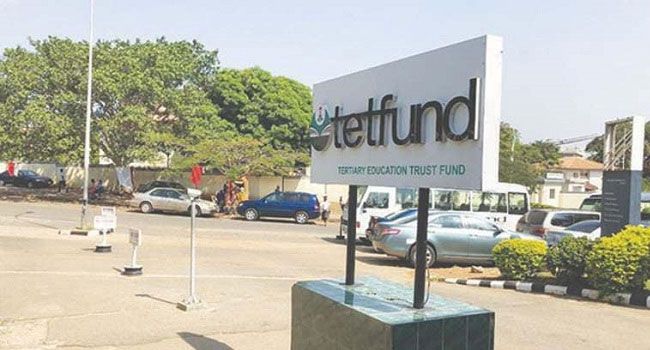
Rising stacks with coins and a red car in the background
It is no secret that car prices have skyrocketed in recent years. 30 years ago, the cheapest passenger car in South Africa was the locally made Volkswagen Citi Golf Chico, priced at R33 950. Today, that amount can get you one of the latest iPhones.
If you want the cheapest passenger car in 2025, you will have to cough up at least R178 000 for a Toyota Vitz 1.0. Toyota South Africa CEO Andrew Kirby warned about the danger of high-priced cars, stating taxes on locally manufactured cars need to be reviewed to lower prices and help carmakers compete more strongly against cheaper Chinese rivals.
He was speaking at the Naamsa Autoweek Conference in Gqeberha, Eastern Cape, last week. The province is an important hub for the automotive industry, as it is the home to manufacturers such as Volkswagen, Mercedes-Benz, Isuzu and Ford.
Expensive cars in SA
Mybroadband reported that Kirby highlighted that the introduction of the ad valorem tax was the beginning of the problem, as it does not make sense in 2025.
“An ad valorem luxury tax made sense in 1995, but we are now taxing lower-end vehicles as if they were premium products,” he said.
Entry-level cars cost almost the same amount as what was previously considered a luxury car. For the price of Toyota Vitz, in 1995, you could get a BMW 3 Series, which today costs approximately R913 000.
ALSO READ: East London set to become a ghost town due to US tariffs, says Naamsa CEO
Ad Valorem tax on cars
Ad Valorem Products include, amongst others, Motor Vehicles, Electronic Equipment, Cosmetics, Perfumeries and other products generally regarded as “luxury items” and are subject to the payment of Ad Valorem Excise Duty if used within the Southern African Customs Union (SACU).
Ad Valorem Excise Duty on Ad Valorem products is payable by manufacturers of these products.
The formula for an ad valorem tax has remained unchanged despite rising car prices. It is calculated as 0.00003 multiplied by 80% of a car’s retail price, minus 0.75. In 1995, the Citi Golf Chico carried a tiny duty of just 0.0648% or R21, while today the Toyota Vito is taxed at about 3.54%, equivalent to R6 333.
Therefore, the ad valorem amount on an entry-level car has increased by more than 30 000% due to the formula remaining unchanged.
SA getting left behind
Kirby highlighted that South Africa’s automotive manufacturing industry is being left behind in the transition to new energy vehicle (NEV) production.
“We don’t want to be relegated to being a conventional internal combustion engine (ICE) manufacturing base,” he said. “It might be fine for the next five years, but it will prove disastrous in the coming decade.”
Amongst other things, the presence of Chinese car brands is being felt in the country. Key players have called for the government to protect the domestic market and for Chinese brands to start manufacturing cars in the country.
NOW READ: Women lead surge in buying Chinese cars in SA — but here’s the risk



